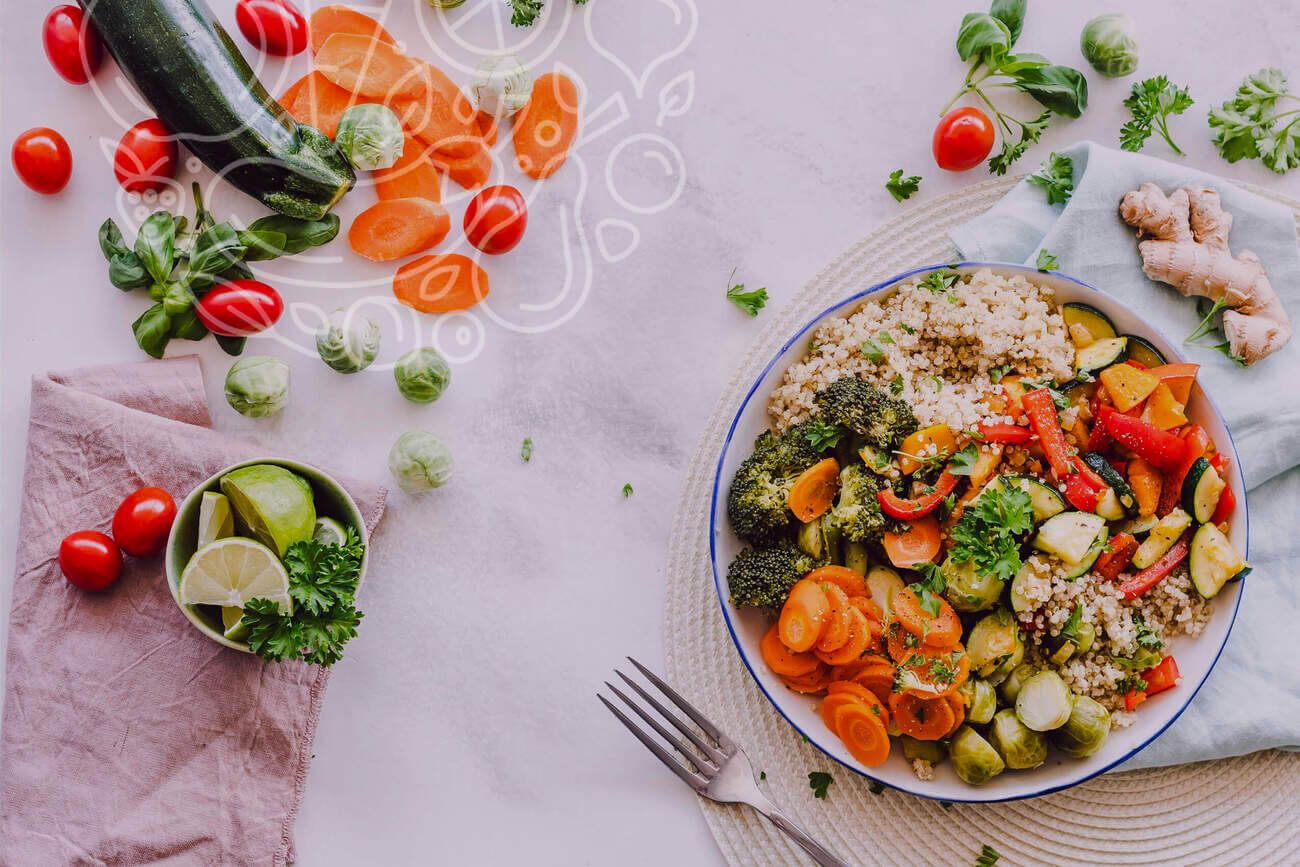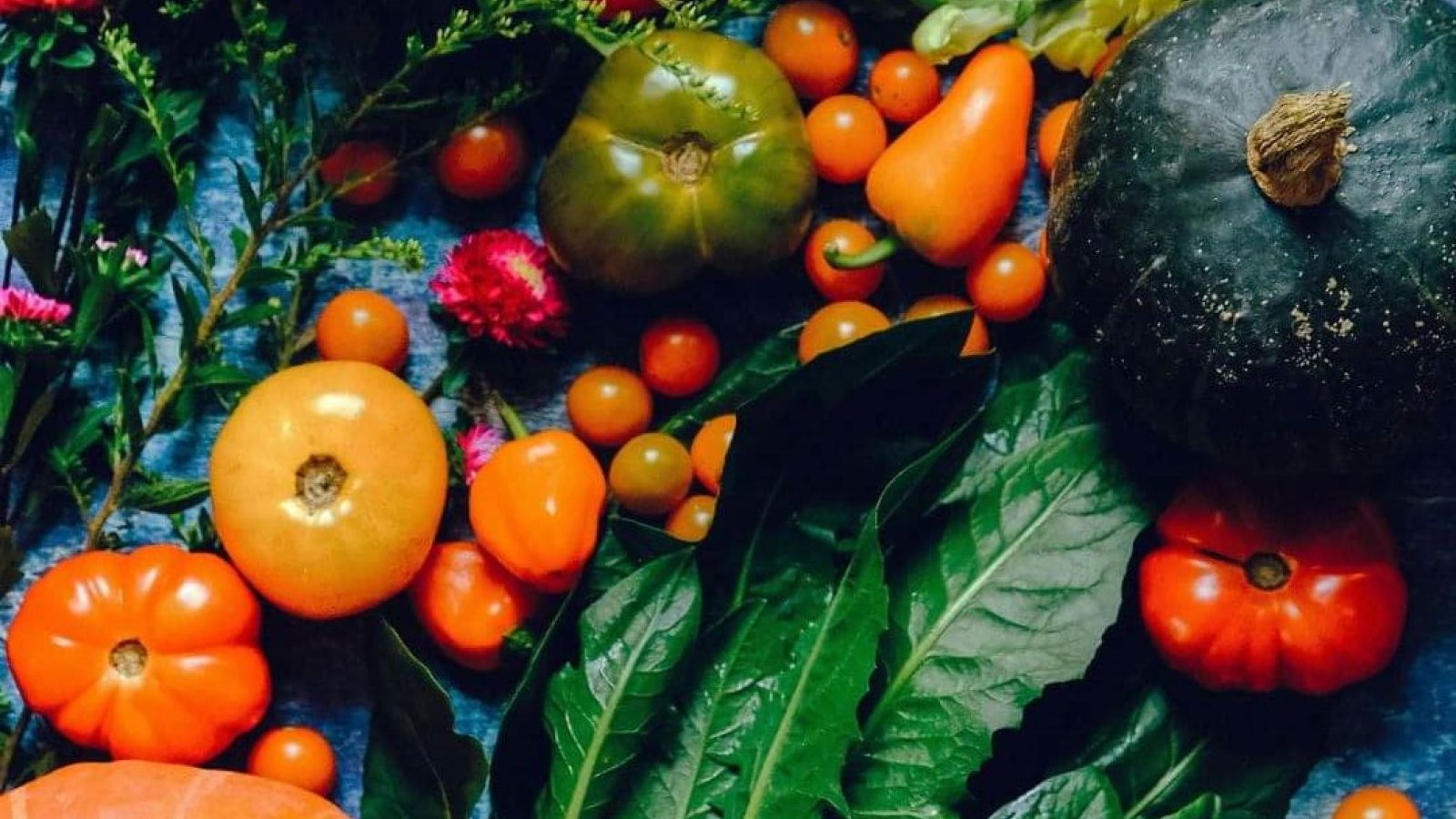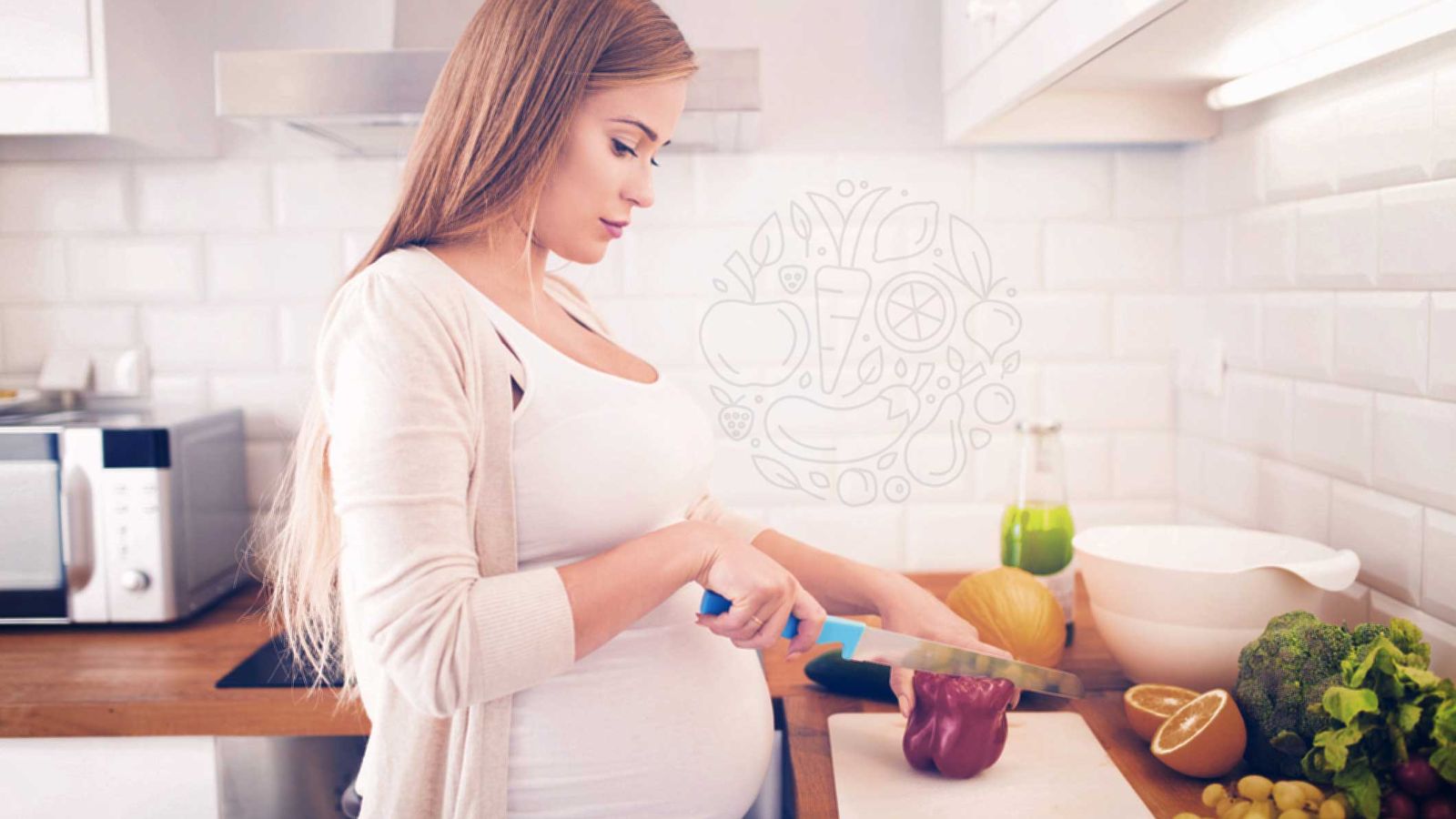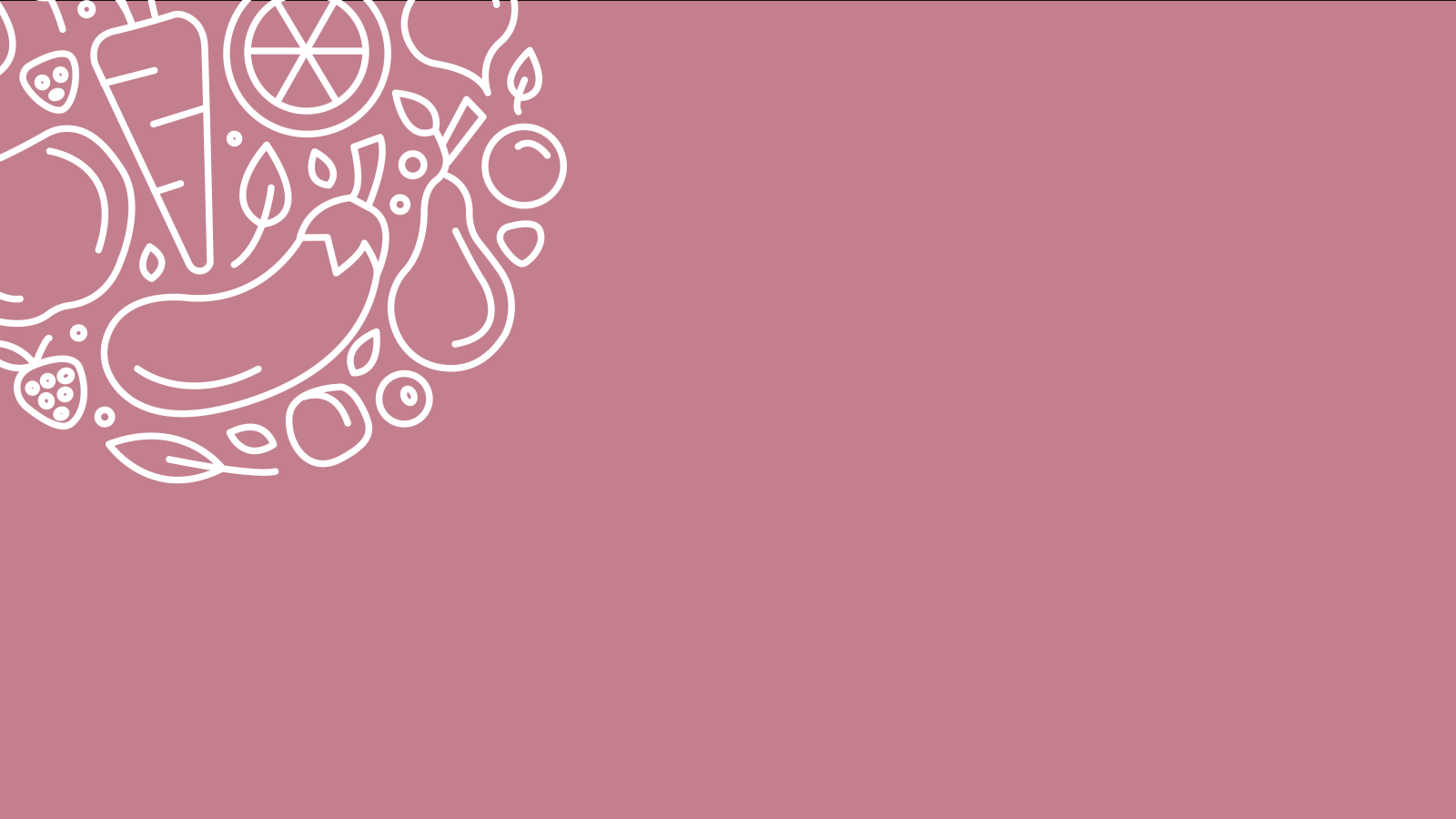
Vegan while pregnant: Is it safe to eat a vegan pregnancy diet?
As veganism becomes more popular, many women are choosing to follow a plant-based diet — even during pregnancy.
Being vegan while pregnant is generally not recommended without medical guidance, but with careful planning and professional nutritional support, it can be done safely.
While plant-based diets are generally considered healthy, pregnancy is a special phase that demands higher intakes of specific nutrients. Without proper knowledge, a vegan pregnancy diet may not provide enough of these essential nutrients.
Vegan pregnancy diet — nutritional considerations
A vegan pregnancy diet excludes all foods of animal origin — not only meat and fish but also milk, dairy products, eggs, gelatin, and honey.
Managing a vegan diet while pregnant safely requires careful nutritional planning and, in many cases, supplementation.
Essential nutrients such as vitamin B12, vitamin D, iron, iodine, calcium, zinc, and omega-3 fatty acids are often low or less bioavailable in plant-based diets.
Vegan pregnancy diet — risk of complications
Nutrient deficiencies can increase the risk of complications. For instance, insufficient vitamin B12 levels during pregnancy may raise your risk of miscarriage, preterm birth, or birth defects.
In addition, a vegan pregnancy diet has been associated with lower birth weight, which may be linked to reduced maternal weight gain during pregnancy.
If you’re vegan, it’s important to ensure you’re getting enough iron and vitamin B12, which are commonly found in animal products, as well as vitamin D (often found in eggs), calcium (typically found in dairy), and iodine (in seafood).
A vegan diet while pregnant—without meat, fish, dairy products, and eggs—is therefore not ideal unless carefully planned.
If you want to eat a vegan pregnancy diet despite the indication of possible health risks for your baby, you may need personalized nutrition counseling, frequent medical check-ups, and additional nutritional supplements.
Vegan diet pregnancy — why supplements are essential
A vegan pregnancy diet has historically raised concerns because it may not provide enough of certain essential nutrients. For this reason, the topic of vegan diet pregnancy is often discussed in relation to careful planning and supplementation.
A vegan diet that excludes all animal products, may provide insufficient iron, essential amino acids, zinc, vitamin B12, vitamin D, calcium and PUFAs (like omega-3 and omega-6 fatty acids) to support normal embryonic and fetal development.
Vegan diet while pregnant — nutrient focus
If you choose to stay on a vegan diet while pregnant, make sure to plan your meals carefully and consult a nutrition expert to keep both you and your baby well-nourished.to stay on a vegan while pregnant, make sure to plan your meals carefully and consult a nutrition expert to keep both you and your baby well-nourished.
Vegan diet while pregnant: Think vitamin B12
A vegan diet while pregnant must include the right supplements to avoid falling short on essential nutrients needed for a healthy pregnancy.
Good sources of vitamin B12 for vegetarians include milk, cheese, and eggs. For those who are on a vegan diet while pregnant, some great alternatives are breakfast cereals fortified with B12, unsweetened soy drinks fortified with B12, yeast extract (like Marmite), and nutritional yeast flakes fortified with B12.
Vegan diet while pregnant: Think DHA and iron
If you don’t eat fish — for example, if you follow a vegan diet while pregnant — supplements with long-chain omega-3 fatty acids, such as DHA, are advisable. On top of that, taking extra iron makes sense, as plant-based iron is absorbed less efficiently than iron from animal sources.
In addition to specific nutrient supplements, it’s advisable to take a high-quality prenatal multivitamin & mineral supplement to help prevent nutrient deficiencies during pregnancy.. Ask your healthcare provider for an appropriate prescription to ensure safe and adequate coverage of all essential nutrients.
Vegetarian diet during pregnancy: A safe alternative
A well-planned vegetarian diet during pregnancy (excluding meat, poultry, and fish but including eggs and dairy products) is considered safe and nutritionally adequate during pregnancy and lactation.
However, attention must be given to certain nutrients that are less abundant in plant-based sources. Women following a vegetarian diet during pregnancy should ensure adequate intake of vitamin B12 through dairy and eggs, and consider supplementation to be on the safe side when nutrition matters most.
Plant-based pregnancy diet
Vegetarians can continue to avoid meat and fish during pregnancy by following a healthy plant-based pregnancy diet. It’s just important to choose the right foods – such as pulses, tofu, eggs and dairy products for that extra portion of protein!
The Planetary Health Diet is perfect for flexitarians who eat meat only occasionally.








